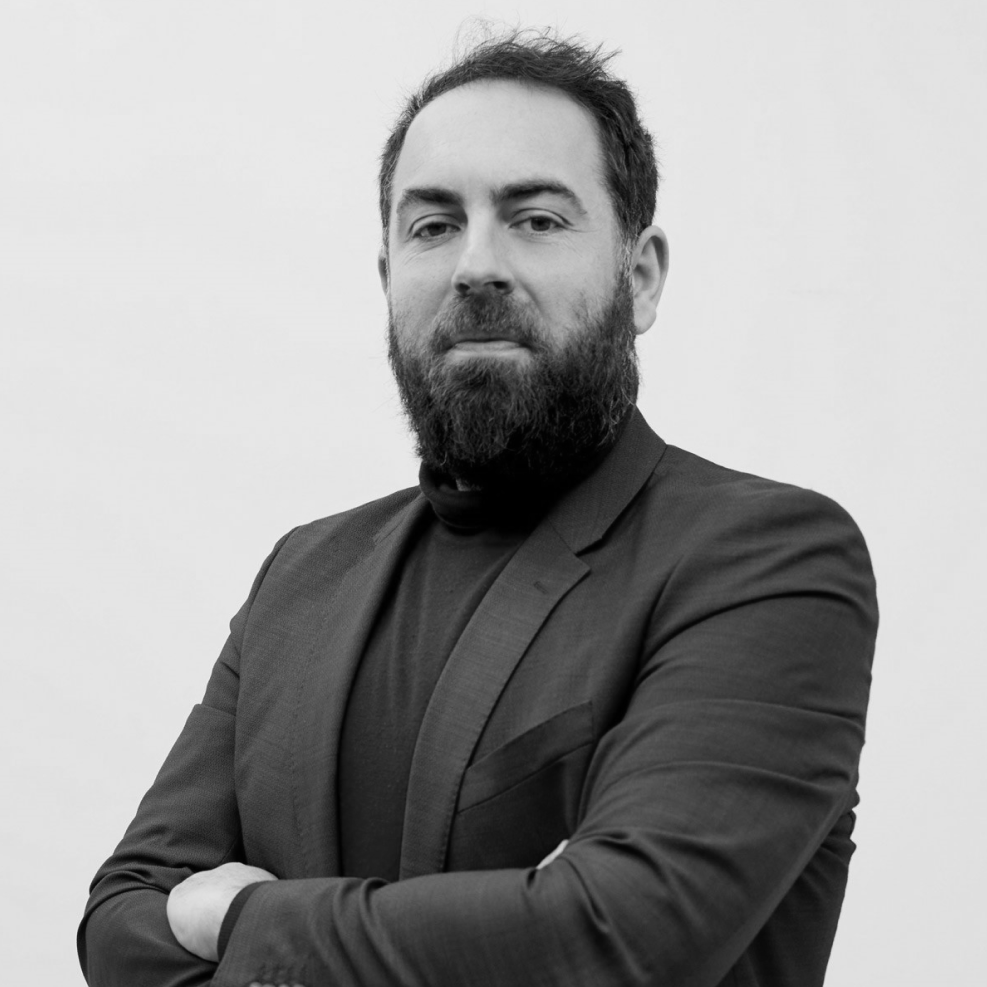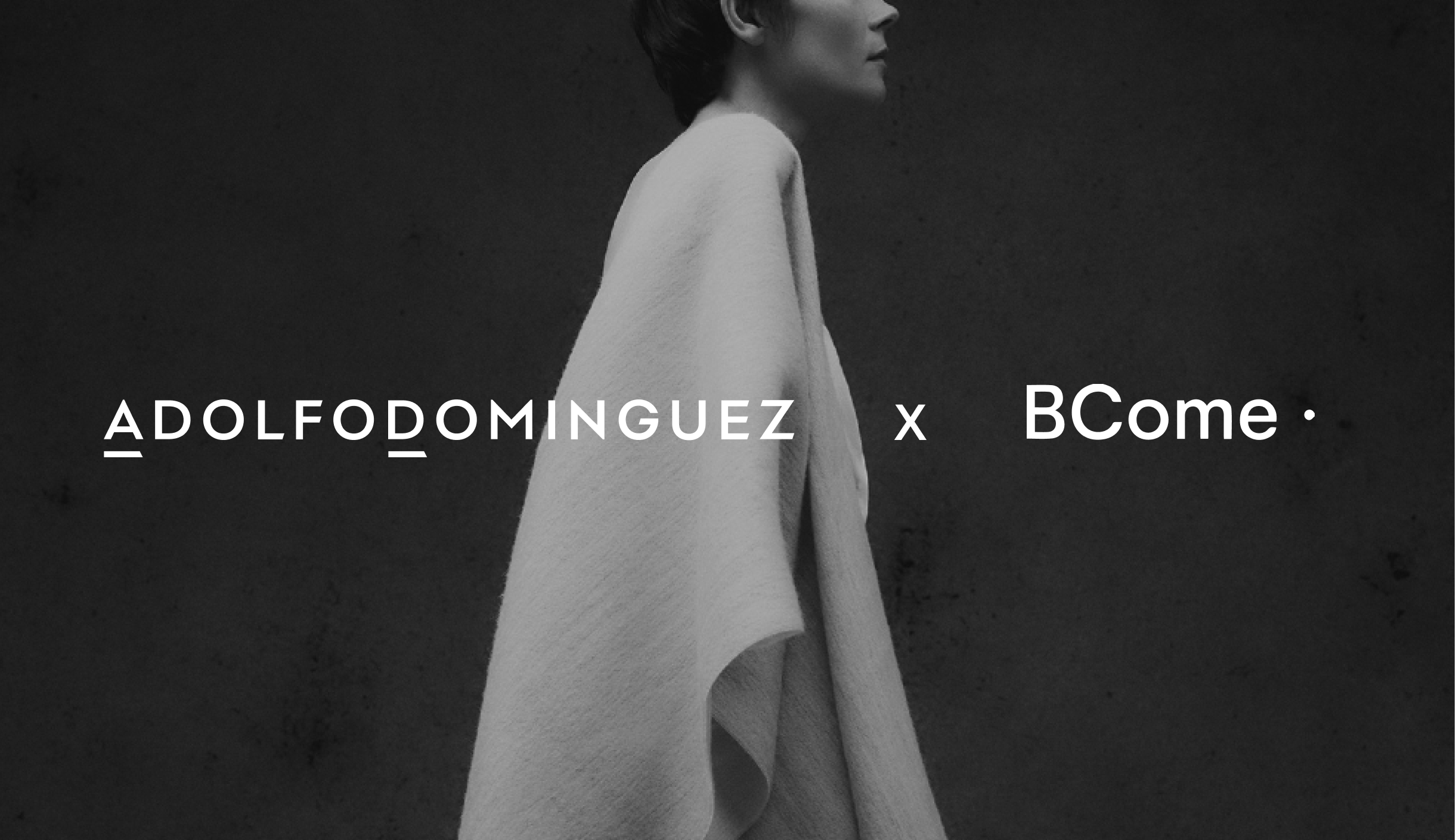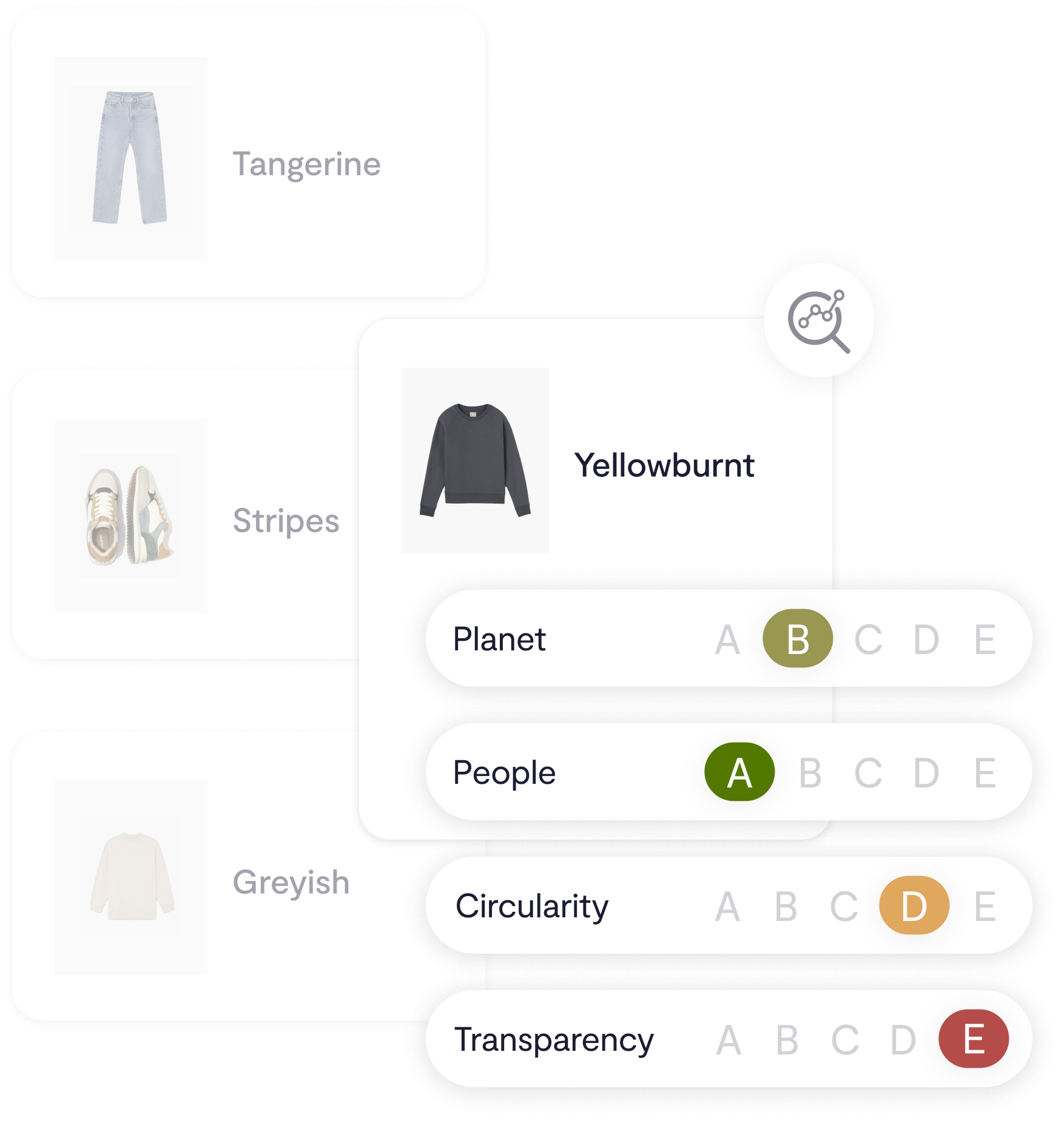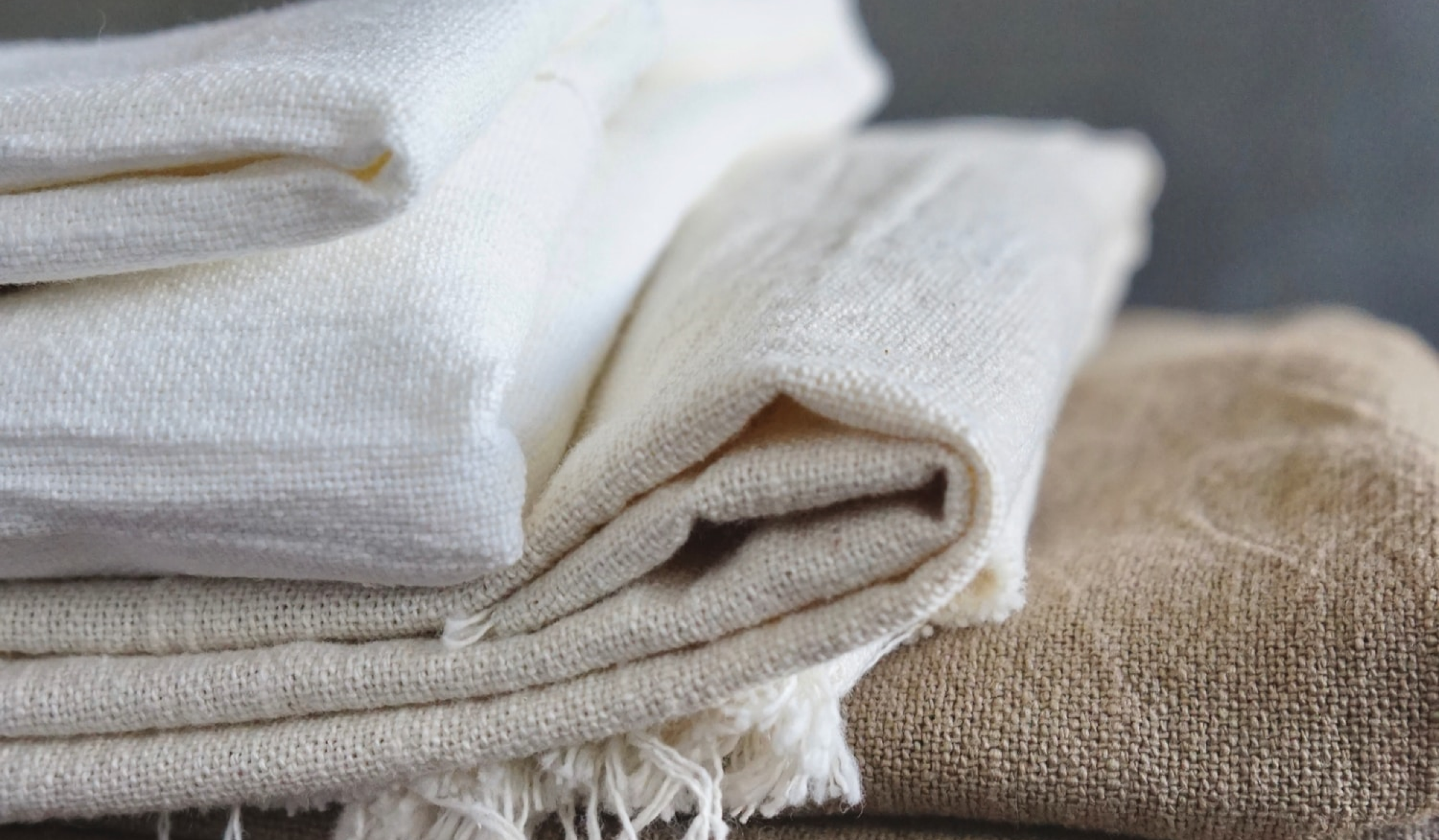Adolfo Domínguez, founded in the 1970s, has left an indelible mark on the global fashion industry by redefining Spanish fashion. With a unique blend of tradition and modernity, the brand has become synonymous with timeless elegance and innovative design. Its commitment to authenticity and creativity has firmly established it as a pioneer in the industry.
In this exclusive interview with BCome, Antonio Roade offers an inside look at the brand’s evolving vision. He shares valuable insights into its journey towards sustainability, highlighting the steps being taken to align fashion with environmental and social responsibility while staying true to its iconic heritage.
The fashion industry has undergone significant changes in recent years, from digitalization to the rise of sustainability. What do you consider to be the most transformative aspects of the sector, and how have they impacted Adolfo Domínguez?
Striking the right balance in all aspects of sustainability communication is a challenge in itself
Antonio Roade, Director of Sustainability at Adolfo Domínguez
A. The emergence of compliance has been a key factor. In our case, it hasn’t represented a paradigm shift, as concern for the environment has been an integral part of our brand’s essence since its inception. However, it has helped channel and professionalize the tools we use to manage it.
As a sector, we also navigate the tension between greenwashing and greenhushing. Striking the right balance in all aspects of sustainability communication is a challenge in itself.
Adolfo Domínguez is known for its focus on quality. What key strategies have you implemented to strengthen your commitment to ESG criteria?
A. Our approach is to create clothing that lasts beyond fleeting trends—pieces that stand out for their timeless design and quality. These are garments you can grow attached to because they’ll remain in your wardrobe for decades. To make this possible, we work across all areas in a collaborative way. We have quality assurance teams integrated directly into our supply chain, which we are mapping in greater depth. The unique business model of artisanal fashion operates at a slower pace, allowing us to pay greater attention to sourcing and giving our suppliers the time to meet our standards for both quality and social responsibility.
Our approach is to create clothing that lasts beyond fleeting trends—pieces that stand out for their timeless design and quality. These are garments you can grow attached to because they’ll remain in your wardrobe for decades
Antonio Roade, Director of Sustainability at Adolfo Domínguez
In the pursuit of more sustainable products, what role do innovative materials play in your current collections?
A. Our focus is on natural materials, such as linen, which is one of our signature elements, but also on continuing to innovate with other fibers. For the past year, we’ve been collaborating with the pioneering R&D start-up Pyratex to advance the integration of new fibers. Recently, Pyratex has developed fabrics made from Kapok flowers, agricultural waste, and North Atlantic algae, among other innovations.
Looking ahead to the future, what are the main challenges and opportunities you anticipate for 2025 in terms of sustainability, innovation, and changes in consumer habits?
A. The main challenge is to continue focusing on adding value to garments and the way we consume, without allowing legislation to set the entire agenda. For example, the key factor that determines the environmental impact of a garment is how many times it is used. The raw material in the garment accounts for only about 12-15% of its environmental impact. Therefore, a high-quality natural material like merino wool will always be better than polyester for many reasons that are difficult to capture with a single figure. We cannot lose sight of the footprint of our consumption, the need for it to be slower, more responsible, and of higher quality. In this sense, we are committed to developing real alternatives to this consumption, such as ADN RENT, our rental service, or ADN BOX, a personal shopping assistant powered by AI that helps reduce mistakes when purchasing.
The main challenge is to continue focusing on adding value to garments and the way we consume, without allowing legislation to set the entire agenda. We cannot lose sight of the footprint of our consumption, the need for it to be slower, more responsible, and of higher quality
Antonio Roade, Director of Sustainability at Adolfo Domínguez
In a context where consumers are demanding greater transparency from brands, how is Adolfo Domínguez working to improve the traceability of its supply chain and adopt new technologies that enhance its sustainable practices?
A. We work with our internal teams to know what to ask and when to ask it. Additionally, we rely on the expertise of BCome to systematically collect and analyze this information. And we always do this with the utmost collaboration and respect for our suppliers.
This interview is an excerpt from the Sustainability Handbook 2025: Fashion’s Breakpoint. Explore the pressing challenges the fashion industry is expected to face in the months ahead and discover how BCome can help you navigate them with effective solutions. Whatever your business needs, we tailor our support to meet your unique requirements.

Antonio Roade is the Director of Sustainability at Adolfo Domínguez.









